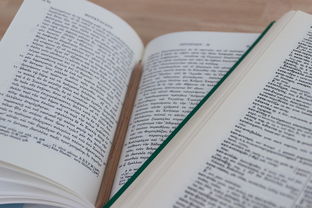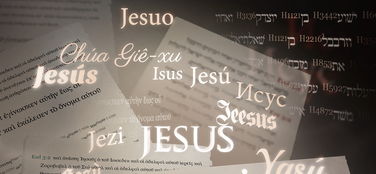The Legal Aspects of Literature,,Literature, as a creative expression of human thought and experience, often touches upon legal themes and issues. From ancient times to the present day, literary works have been influenced by the law and have, in turn, influenced the law. This essay explores the legal aspects of literature, examining how law and literature intersect and influence each other.,,Firstly, literature provides a platform for the exploration of legal themes. Authors often use their works to raise awareness of legal issues and to challenge existing legal norms. For example, in Dickens’ novel Bleak House, the author exposes the corruption and injustice of the English legal system. This type of writing not only entertains but also educates readers on the importance of law and its impact on society.,,Secondly, literature can influence the law. By bringing legal issues into the public consciousness, authors can pressure lawmakers to address those issues. This process is known as “law in literature”. For instance, in the 19th century, Dickens’ novels were influential in reforming the English prison system. His writings highlighted the cruelty and injustice of the prison system, leading to reforms that improved conditions for prisoners.,,Thirdly, literature can also be used as a tool for legal education. By reading about legal cases and issues in literary works, individuals can gain a deeper understanding of the law and its application in real-life situations. This approach to legal education is particularly beneficial for those who do not have access to formal legal education.,,In conclusion, literature has significant legal aspects that intersect with and influence the law. By exploring these aspects, individuals can gain a deeper understanding of the law and its role in society. Moreover, literature can provide a platform for social change and reform, making it an essential tool for addressing legal issues and challenges.
Literature, as a creative expression of human thought and emotion, has always been a source of inspiration and entertainment for people all over the world. However, it is also a complex and multifaceted field that intersects with many other aspects of human life, including law. In this essay, we will explore the legal aspects of literature, looking at how the law affects the creation, distribution, and interpretation of literary works.
Firstly, we must consider the legal issues surrounding the creation of literary works. The law protects the rights of authors to create and publish their works, as well as the rights of copyright holders to protect their intellectual property. This means that authors have the right to decide how their works are distributed and used, and to receive compensation for their efforts. However, this also creates a complex web of regulations and guidelines that authors must navigate in order to ensure that their works are compliant with the law.

One of the most significant legal issues in literature is copyright law. Copyright law protects the rights of authors to control the use and distribution of their works, and to receive royalties for their creative efforts. However, it also imposes restrictions on how others can use or adapt these works. This can sometimes lead to conflicts or disputes when it comes to the interpretation or application of copyright law. For example, in some cases, it may be argued that a particular use of a copyrighted work does not constitute an infringement of copyright, but rather a fair use or parody.
Another legal aspect to consider is the issue of defamation and privacy. The law protects individuals from being defamed or having their privacy invaded, and this extends to literary works as well. Authors must be careful not to publish anything that could be considered defamatory or intrusive on someone's privacy rights. This can sometimes be a difficult line to draw, as it requires a balance between protecting individual rights and allowing for the free expression of ideas and opinions.
Furthermore, the law also plays a role in the distribution of literary works. In many cases, authors will license their works to publishers or other entities in order to have them distributed to a wider audience. However, this process can also be fraught with legal challenges. For example, it may be difficult to determine who actually owns the rights to a particular work, or how much compensation an author should receive for their efforts. These issues can lead to disputes and litigation that can sometimes overshadow the actual publication of the work itself.
Finally, it is important to remember that the law is not just a tool to protect authors' rights but also to ensure that their works are compliant with the laws of the land. This means that authors need to be mindful of the laws and regulations that apply to their works, including those related to obscenity, pornography, and hate speech. These laws are in place to protect society from harmful content, but they can also have a chilling effect on freedom of expression if not applied correctly.
In conclusion, the legal aspects of literature are complex and multifaceted, affecting every aspect of the creation, distribution, and interpretation of literary works. Authors need to be mindful of their rights and obligations under the law, as well as the laws and regulations that apply to their works. By understanding and complying with these legal requirements, authors can ensure that their works are not only creative and entertaining but also compliant with the laws of the land.








